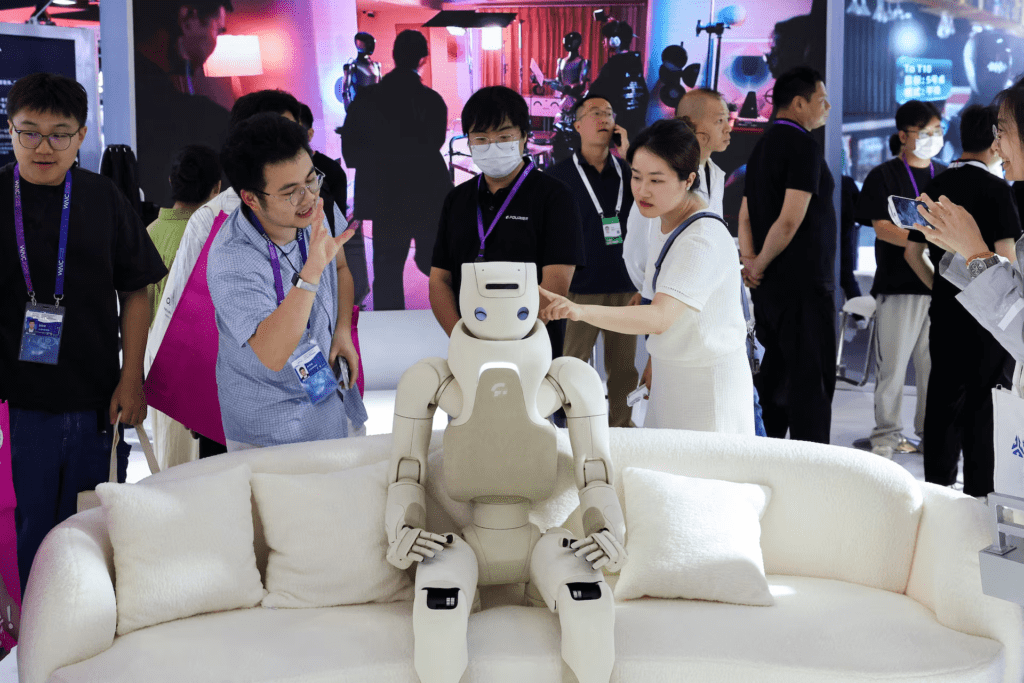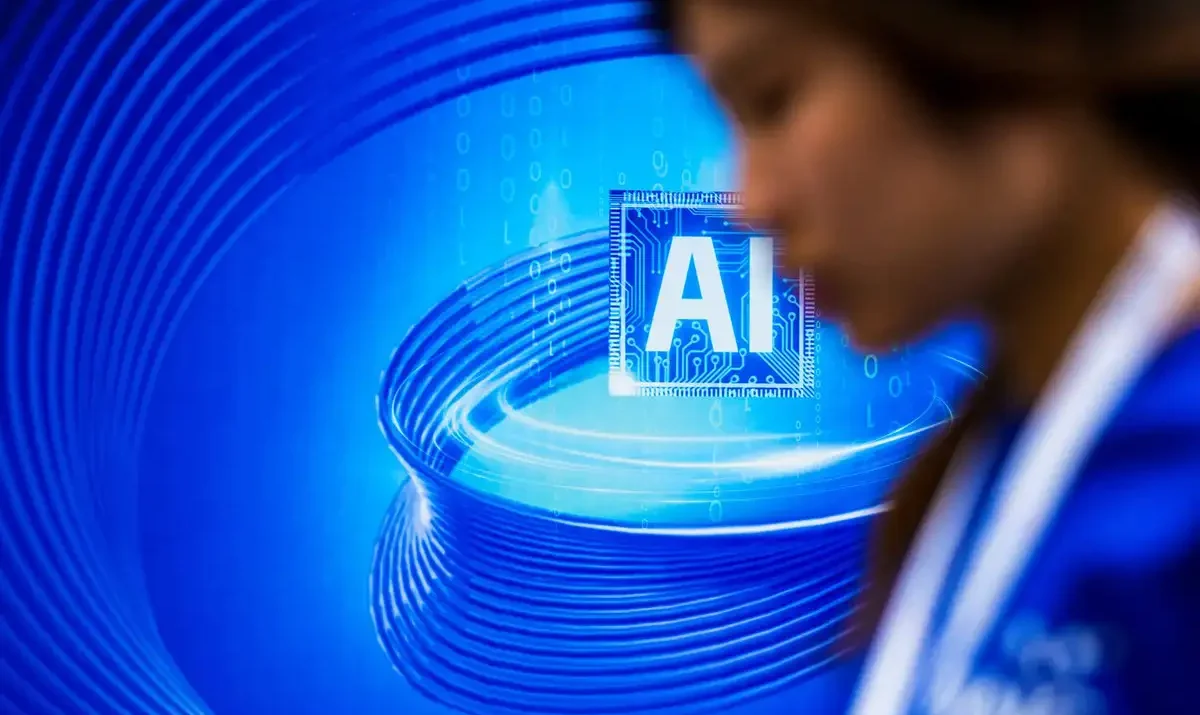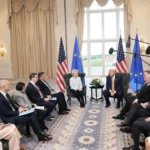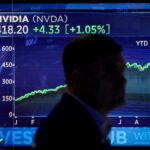As the global race for artificial intelligence leadership intensifies, China on Saturday released a sweeping global AI governance action plan, calling for international collaboration and proposing the creation of a new global organization to coordinate AI development and regulation.
Speaking at the opening of the World Artificial Intelligence Conference (WAIC) in Shanghai, Premier Li Qiang warned that AI risked becoming an “exclusive game” for a few nations and companies. He urged for “equal rights” in AI use and access, especially for developing nations in the Global South.
“Overall global AI governance is still fragmented,” Li said. “We should strengthen coordination to form a global AI governance framework that has broad consensus as soon as possible.”
China’s Plan: Openness, Sharing, Multilateralism
Li announced that China is willing to share its AI progress and experience with other countries, specifically emerging economies, and encouraged the international community to contribute to an open-source AI ecosystem. The action plan, published by China’s foreign ministry, invites governments, enterprises, and research institutions to build a coordinated framework for AI oversight.
China is proposing the new AI governance body be headquartered in Shanghai, reinforcing the city’s ambitions to become a global AI hub. Over 30 countries, including Russia, South Africa, Qatar, South Korea, and Germany, reportedly participated in roundtable discussions led by Vice Foreign Minister Ma Zhaoxu.
The proposal positions Beijing as a multilateral alternative to the US-led AI strategy, which President Trump unveiled just days earlier. The American plan emphasized scaling AI exports, curbing “woke bias,” and maintaining tech dominance by restricting access to advanced AI chips — particularly for China.
“Two camps are clearly forming,” said George Chen, partner at the Asia Group. “China wants cooperation, the US wants containment.”

Tech and Talent Bottlenecks
Premier Li acknowledged obstacles, including chip supply constraints and talent restrictions, largely stemming from US-led export controls. Despite those limits, China continues to develop domestic alternatives, with Nvidia CEO Jensen Huang recently calling Chinese AI chips “formidable.”
Notably, former Google CEO Eric Schmidt met with Shanghai’s party leadership ahead of the conference. Other prominent figures included AI pioneer Geoffrey Hinton, French AI envoy Anne Bouverot, and representatives from Tesla, Huawei, Alibaba, Amazon, and Alphabet.
Tesla CEO Elon Musk, who has frequently appeared in past WAIC events, was absent this year.
A Platform for Innovation and Influence
The three-day WAIC event features over 800 companies and 3,000 AI-related products, including 40 large language models and 60 intelligent robots. While Chinese firms dominate the exhibition, several Western firms also have a presence, underlining the growing commercial interdependence despite geopolitical tensions.
As Washington continues to block China’s access to cutting-edge semiconductors, Beijing’s strategy appears focused on reframing AI as a global commons—especially appealing to nations outside the Western sphere.
“China is trying to write the rules for global AI,” said one European official at the conference. “And it’s finding an audience.”
Disclosure: This article does not represent investment advice. The content and materials featured on this page are for educational purposes only.
Related:
US and EU Reach Trade Deal After Month of Tense Talks
Tariff Shock Incoming: Trump’s August 1 Deadline to Hike Prices on Food, Clothing, and Cars
Wall Street Keeps Breaking Records, But Big Tests Are Looming










